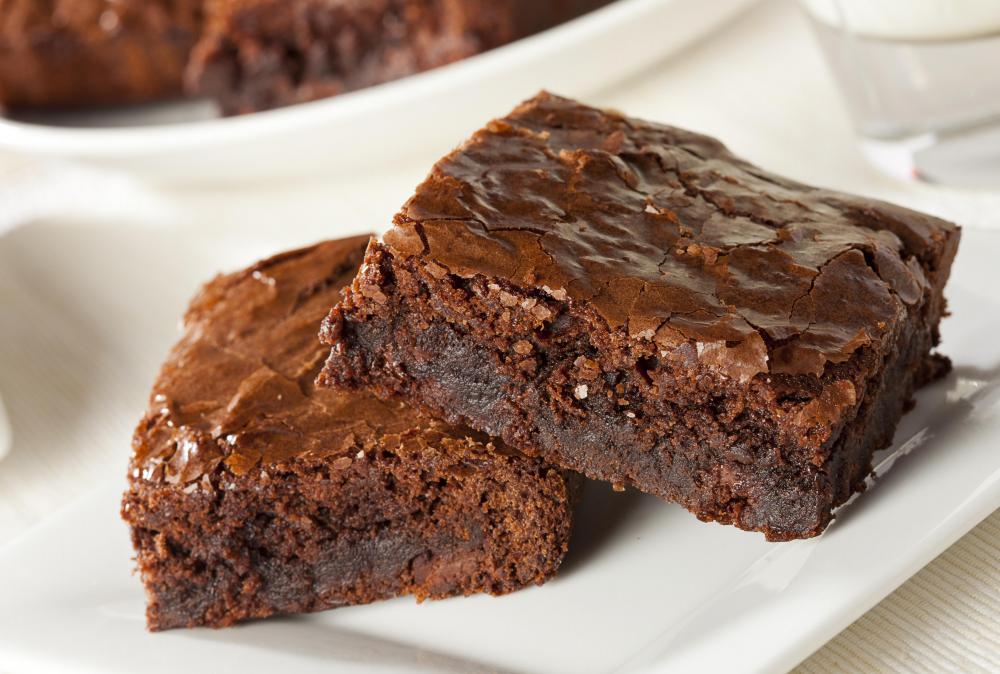At WiseGEEK, we're committed to delivering accurate, trustworthy information. Our expert-authored content is rigorously fact-checked and sourced from credible authorities. Discover how we uphold the highest standards in providing you with reliable knowledge.
What Is the Effect of Caffeine on ADHD?
Scientists studying the impact of caffeine on ADHD have discovered that the effects of caffeine mimic the effects of other stimulants commonly used to treat attention deficit disorders. Research suggests that caffeine appears to work particularly well in children with ADHD and may even mask adult symptoms in some individuals. The side effects of caffeine treatments are also fewer and less severe than other medications used to treat this condition.
As a natural stimulant, caffeine increases alertness and attention in most people. These increases serve to balance out the effects of ADHD in those affected by it and work to restore attention levels commonly lost as a result of the disorder. The effects of caffeine on ADHD are not without drawbacks, however, as caffeine is a highly addictive substance. Negative side effects associated with caffeine withdrawal include headache, irritability, body tremors, ulcers, heart palpitations and extreme fatigue. Prolonged use of caffeine may also overburden adrenal glands, the circulatory system and various nerves.

Coffee, as well as other caffeinated foods and beverages are known to cause restlessness and hyperactivity in most people. In studying the effects of caffeine on ADHD, researchers have noted that caffeine does not reduce hyperactivity. Instead, caffeine only appears to help increase attention levels while other treatments may still be needed to address hyperactivity and issues relating to poor impulse control.

Some people who self-medicate attention disorders use coffee to access the effects of caffeine on ADHD. Several have even reported that coffee has a calming effect and actually helps promote better sleep. Experts, however, warn individuals using caffeine for ADHD to be careful of overconsumption and to limit the amount of sugar often used to sweeten coffee, as sugar may increase ADHD symptoms.

Naturopathic experts commonly believe that attention disorders are largely related to a person’s diet. Many specifically recommend avoiding foods such as refined carbohydrates, foods made with artificial coloring and preservatives, and foods containing trans fats. In particular, these experts further recommend that children avoid foods containing processed sugar and caffeine, such as chocolate desserts and sodas containing both ingredients. Some naturopathic doctors believe that the effects of caffeine on ADHD are more damaging than they are helpful.

Despite positive evidence for the effects of caffeine on ADHD, many are reluctant to use it on children because of the possible dangers of addiction. Concerns, however, also exist about the side effects of medications commonly prescribed to treat attention disorders. Side effects of these medications may include personality changes, the development of muscle tics and sleep disorders.

Understanding the impact of caffeine on ADHD underscores the importance of considering individual factors and nuances when addressing this condition. While some individuals with ADHD may experience improvements in focus and attention with moderate caffeine consumption, it's crucial to remember that caffeine is not a substitute for evidence-based treatments. An accurate ADHD diagnosis is the essential first step in developing a comprehensive management plan, which may include behavioral interventions, counseling, and, if necessary, medication tailored to the individual's specific needs.
AS FEATURED ON:
AS FEATURED ON:















Discussion Comments
My instructor at school was talking about this topic this week. According to studies he's seen, caffeine is not more effective than a placebo for ADHD. So essentially, it's ineffective.
But if people "think" that they can concentrate better with a cup of coffee, then I don't see any problem in that. But I don't think it can replace an attention deficit disorder medication.
I personally don't see a difference in my ADHD when I have caffeine. Too much caffeine has a bad effect on me, it gives me anxiety and heart palpitations.
@burcinc-- Of course, as a parent, it's up to you to decide what is best for your child.
I'm personally not against the use of caffeine for the treatment of ADHD if it helps. I don't think that prescription medications for the disorder are superior to caffeine. They have side effects and can cause dependency too.
Of course, not everyone is going to respond the same to caffeine. I agree with the article that if someone also suffers from hyperactivity, caffeine is going to make it worse. But if the problem is mainly attention deficiency, caffeine helps. So caffeine is better for ADD than ADHD.
I take caffeine for ADHD, but I'm not very hyperactive, so it works. I prefer to get it the natural way instead of taking supplements. With supplements, especially caffeine powder, I'm afraid of taking too much. So I basically get caffeine through moderate amounts of tea and coffee during the day which seems to work for me.
Even if it's effective for attention deficit disorder symptoms, I don't think I could ever give my child caffeine for this purpose. I don't think caffeine is good for children. I don't want to make my child dependent on it, especially at such a young age.
Post your comments